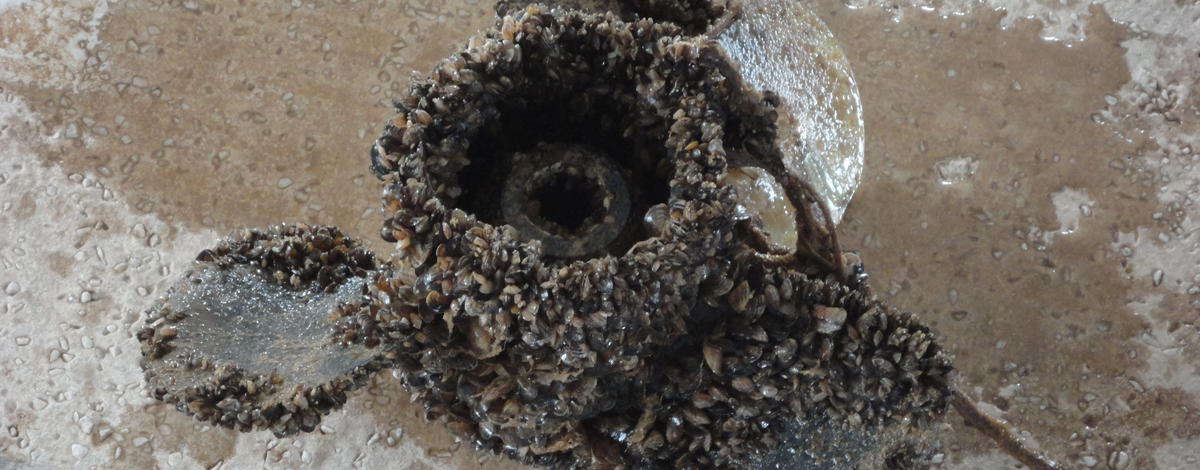Idaho Fish and Game reminds all hunters, anglers, and trappers to beware of closures in the Snake River between Twin Falls and Niagara Springs, along with nearby waterways, due to the recent discovery of highly invasive quagga mussels by the Idaho State Department of Agriculture. ISDA is currently surveying the area to learn the extent of mussel larvae in the river and planning aggressive management actions.
This work is likely to affect hunters, anglers, trappers and other recreationists during fall. The Idaho Fish and Game Commission is meeting Friday to consider extending Snake River closures beyond Sept. 29.
Everyone needs to stay up to date on current closures by checking ISDA’s website, and Fish and Game’s website for potential hunting and fishing closures, or access closures on lands owned or managed by Fish and Game. Access to lands and waters, including ponds and lakes managed by other agencies and entities, will also likely be affected.
Penalties for violating closures can lead to fines, and possibly impounding boats and other watercraft if used in a closed area.
“Fish and Game is part of a statewide effort to keep people away from this area of the Snake River while critical work is being spearheaded by ISDA. Unfortunately, it looks like some people aren’t getting the message, or they’re ignoring it,” Fish and Game Director Jim Fredericks said. “This is a serious matter, and Idaho can’t afford the risk of spreading quagga mussels outside of the impacted area, so enforcement is being stepped up.”
Why is this so serious?
Quagga mussels are one of the most aggressive invasive species infesting the United States. These mussels spread easily to new areas through the movement of watercraft or any other gear (e.g., decoys, fishing fear, waders, boots, etc.) that comes in contact with water that contains microscopic quagga mussel larvae.
This invasive species can quickly spread and clog pipes that deliver water for drinking, energy production, agriculture, recreation, and a variety of other uses, potentially costing the state millions of dollars in mitigation efforts. Quagga mussels can also negatively affect fish populations and wildlife habitat.
Quagga mussels are highly competitive, persistent, and can create monocultures that will eliminate Idaho's diverse freshwater biological landscape. Left unchecked, the potential cost to Idaho could be hundreds of millions of dollars in actual and indirect costs.
What hunters, anglers, and trappers can do
Aside from respecting closures, recreationists should clean, drain, and dry all watercraft or gear that has been in contact with water in the Snake River from Twin Falls to Niagara Springs within the last 30 days. Hot wash stations have been set up in Twin Falls to decontaminate any watercraft or gear that have been in that stretch of water in the last 30 days.
Other gear would also need to be decontaminated if it came into contact with the water in this area. Dogs and other pets are also not allowed into the water since their fur could become a source for the larvae to spread. If dogs come into contact with the water in this area, they should not be allowed into another body of water for at least 30 days.
It’s always good practice to clean, drain, and dry your gear before you move from one body of water to another to ensure you’re not transferring any harmful organisms.
What is the threat to Idaho’s fish and wildlife?
Quagga mussels are filter feeders that reproduce prolifically and outcompete other organisms. They can eventually filter important nutrients from waterways and make the habitat less suitable for fish, other aquatic species, and wildlife species that rely on that habitat. After they’re established, quagga mussels are extremely difficult, if not impossible, to remove, and the chances of them spreading to other waterways increases significantly.

